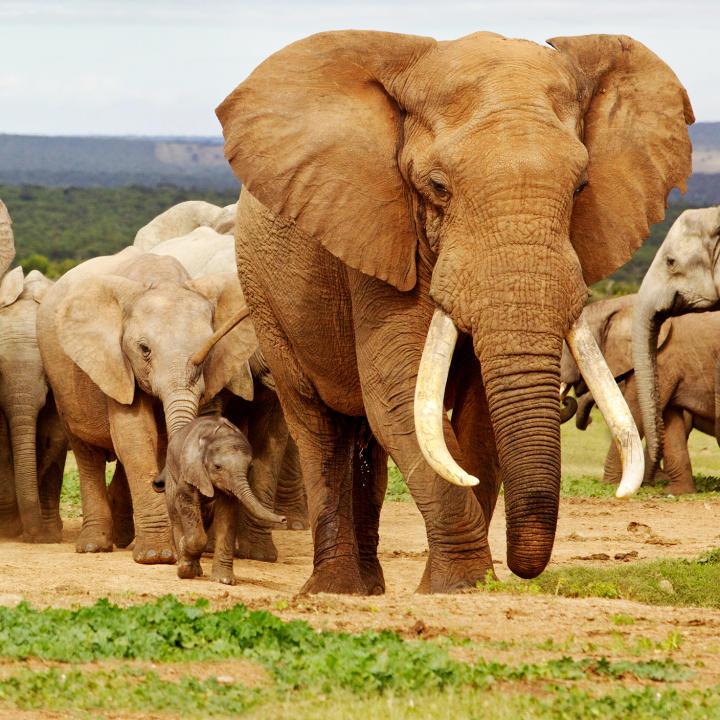Imagine you are sitting in your house going about your everyday routine when suddenly you hear loud noises as random people break into your house and take you. You wake up all alone in a small and unfamiliar confined space. When you look out you see a large group of people staring at you in intense awe. Like any other person in this situation you would feel terrified, confused, uncomfortable, and angry, as you try desperately to escape this unfamiliar prison. The same is true for animals that are put into zoos. Animals, no matter how cute or innocent they may seem, are wild and it is imperative that they are left in their natural habitats.
When animals are kept in bordered enclosures, they become bored without any stimulation and often act out aggressively which results in attacks on human trainers or keepers. It is the responsibility of the institution and the employees to keep the animals happy and healthy both mentally and physically. However, this is nearly impossible because what animal would be happy after being taken from their home and forced into confinement?
In zoos animals are not given the proper space they need to move around and explore. Without their families and other members of their species, animals cannot grow and develop and they begin to lose their natural instincts while becoming dependent on humans. When animals are no longer required to do activities such as hunting, they eventually lose these survival instincts completely. Therefore, animals that are born in captivity do not stand a chance out in the wild. Releasing them creates anxiety and they are unable to adapt to their environment, which ultimately leads to their death. It is unfair that animals born or brought up in captivity will never have the chance to live a truly free life in the wild as an animal should. These poor animals are nothing more than helpless victims of their environments.
No matter how hard a zoo may try, it is impossible to create the best living environment for each type of animal living there. For example, elephants in the wild travel in packs of around thirty and travel over thirty miles a day. In captivity, an elephant will have no packs and only have a few acres of land to walk. Other animals like zebras and giraffes also face similar issues. How can it be argued that these conditions are beneficial to animals if you are depriving them of their natural rights and instincts to roam freely? Unsuitable conditions like these often lead to depression and anxiety among many of the animals being held in captivity.
A common argument for keeping animals in captivity is that they live longer there than in the wild. However, this is not always true. Recent studies show that the average lifespan of an elephant is 60-70 years in the wild and only about 40 years in captivity. Orcas have an average lifespan in the wild of 30-50 years and in captivity the median lifespan for an orca is about 9 years. It has been shown time and time again that due to lack of socialization, proper exercise, diet, and living conditions in zoos, animals are more prone to health problems as well as depression. Even if some species do live longer in captivity, is a life trapped behind bars and constrained from freedom really worth living?
Finally another argument to justify the use of zoos is for educational purposes. However, if animals do not truly behave in captivity how they do in the wild than we are not receiving the proper education and insight into how animals really act. In fact according to several studies done by the Association of Zoos and Aquariums, it was found that most visitors retained little if any of the information presented when at the zoo. When asked what they learned at specific exhibits the most common response was “nothing.” Let’s be honest, people go to the zoo with the purpose of entertainment in mind not education. If you want entertainment go see a movie, don’t trap helpless animals in an enclosure for our own immoral societal standards.
If the purpose of zoos was truly to help save and protect animals then why are there thousands of animals who are not endangered being held in zoos? There is no question that endangered animals should be helped, but zoos are not the place for it. Instead of holding perfectly fine animals captive, zoos need to shift their focus to transforming their institutions into refuges for animals in need of rescue and rehabilitation. Animals should live as nature intended them to: in the wild.
